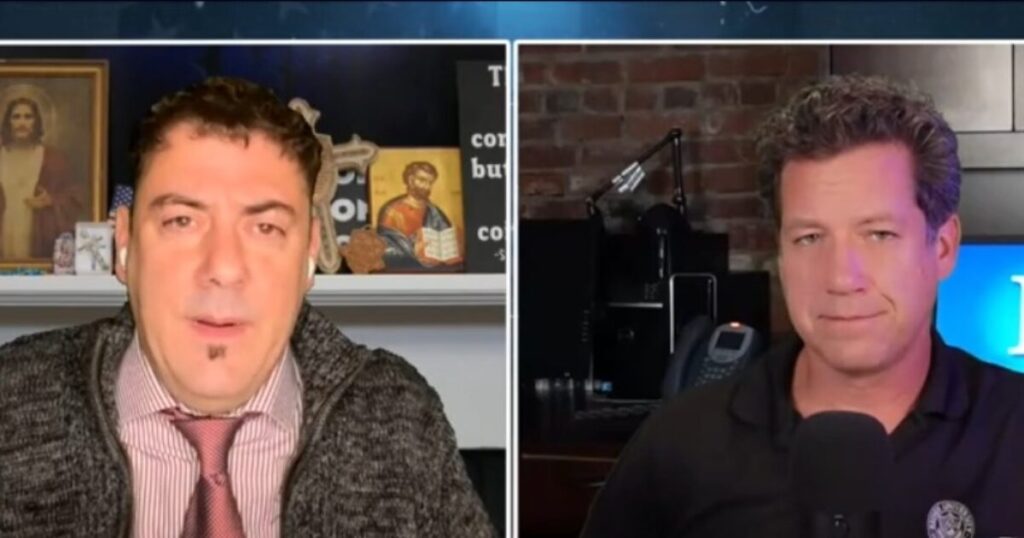In a recent episode of War Room, guest host Ben Harnwell engaged in a compelling discussion with Mark Mitchell, the lead pollster at Rasmussen Reports. Their conversation centered on the significance of betting markets as indicators of electoral outcomes, particularly in the context of the upcoming presidential election on October 28, 2024. Harnwell opened the dialogue by expressing curiosity about the credibility of these betting markets, prompting Mitchell to share his insights. He argued that while there are mixed opinions on the reliability of betting markets, they often provide a more accurate interpretation of electoral sentiment than mainstream media outlets.
Mitchell underscored the predictive power of betting markets, suggesting that they reflect an informed analysis of the electorate’s mood. He highlighted the inability of traditional polls to capture the prevailing trends accurately, citing a previous election where a false polling lead did not translate into actual support. According to Mitchell, betting markets began signaling a tightening race long before the final polling data arrived, indicating a shift in public opinion toward Trump. This historical perspective served to bolster his assertion that betting markets might be more adept at capturing the nuances of voter sentiment than conventional polling.
Transitioning to the current political landscape, Mitchell noted that the betting markets and his polling data have consistently shown a favorable outlook for Trump. He referenced their tracking metrics, which positioned Trump ahead by a small margin of approximately two points nationally, with similar trends observable in crucial swing states. Mitchell expressed confidence in the likelihood of Trump outperforming expectations, drawing attention to supportive data across various models, including those from reputable analysts like Nate Silver and Decision Desk.
Moreover, Mitchell suggested that the betting markets were anticipating a significant Trump victory, despite the narratives propagated by mainstream media. He claimed that networks like MSNBC and CNN continue to craft an image of a competitive race, particularly regarding Kamala Harris, while ignoring the growing evidence favoring Trump. This disparity between media narratives and betting market trends signals a potential misalignment between actual voter sentiment and public perception.
As the discussion unfolded, Harnwell and Mitchell emphasized the broader implications of relying on betting markets for political forecasting. Mitchell argued that these markets elicit a more honest reaction from bettors staked in the outcomes, making them more reflective of genuine voter sentiment. Such information can be essential for understanding not only the potential results of the upcoming election but also the primary motivations driving voter behavior and decision-making.
In conclusion, the conversation between Harnwell and Mitchell highlighted the emerging consensus that betting markets may serve as a reliable bellwether for Trump’s prospects in the impending presidential race. As they analyzed the growing support for Trump in polling and betting trends, the overarching narrative suggested that a significant electoral outcome could be on the horizon, defying the expectations set by mainstream media. While acknowledging the mixed credibility of various polling methodologies, they underscored the importance of recognizing shifting public sentiments as the election draws closer. Ultimately, their insights reflected a belief that the political landscape is favoring Trump, setting the stage for an intriguing electoral battle in the months ahead.

